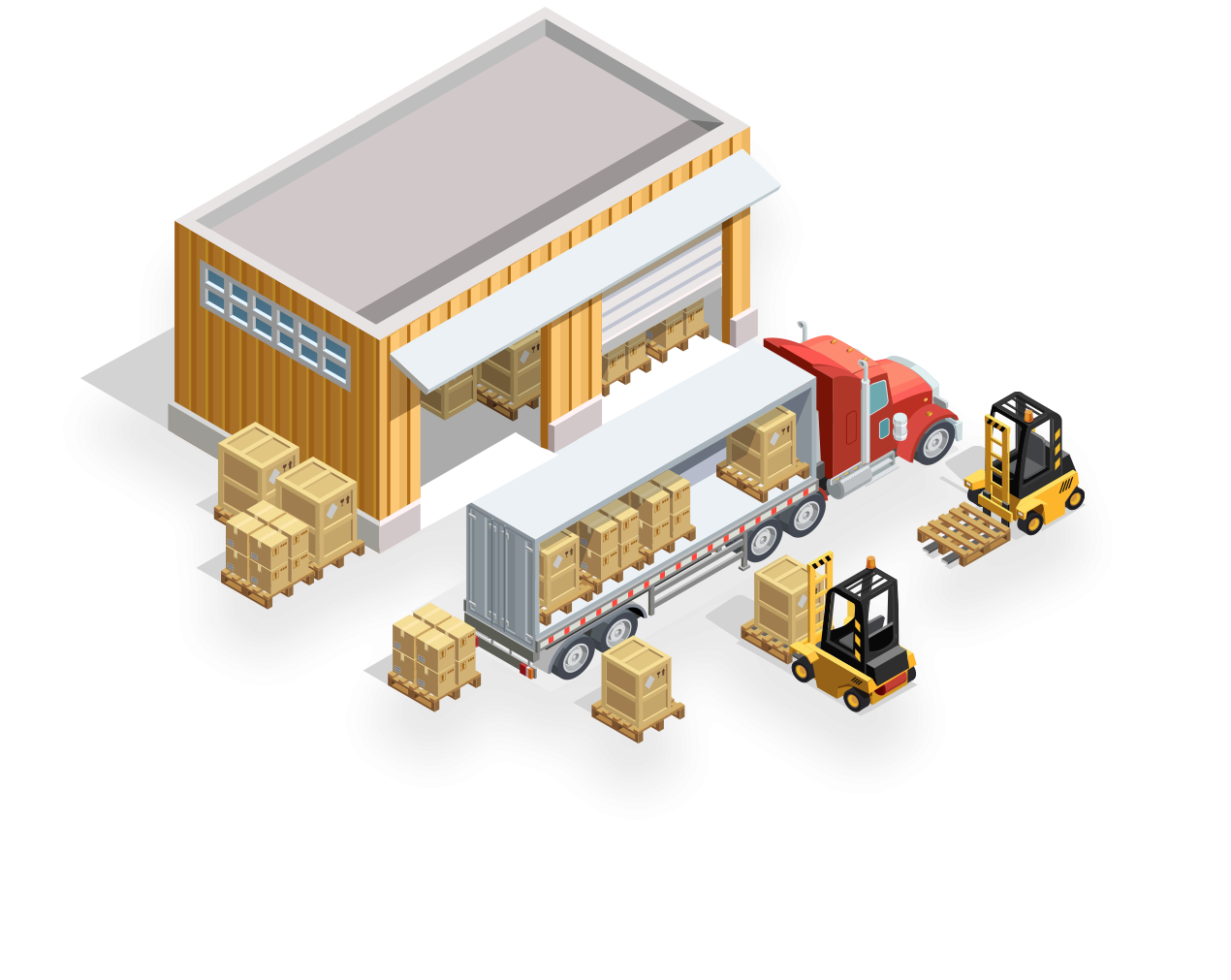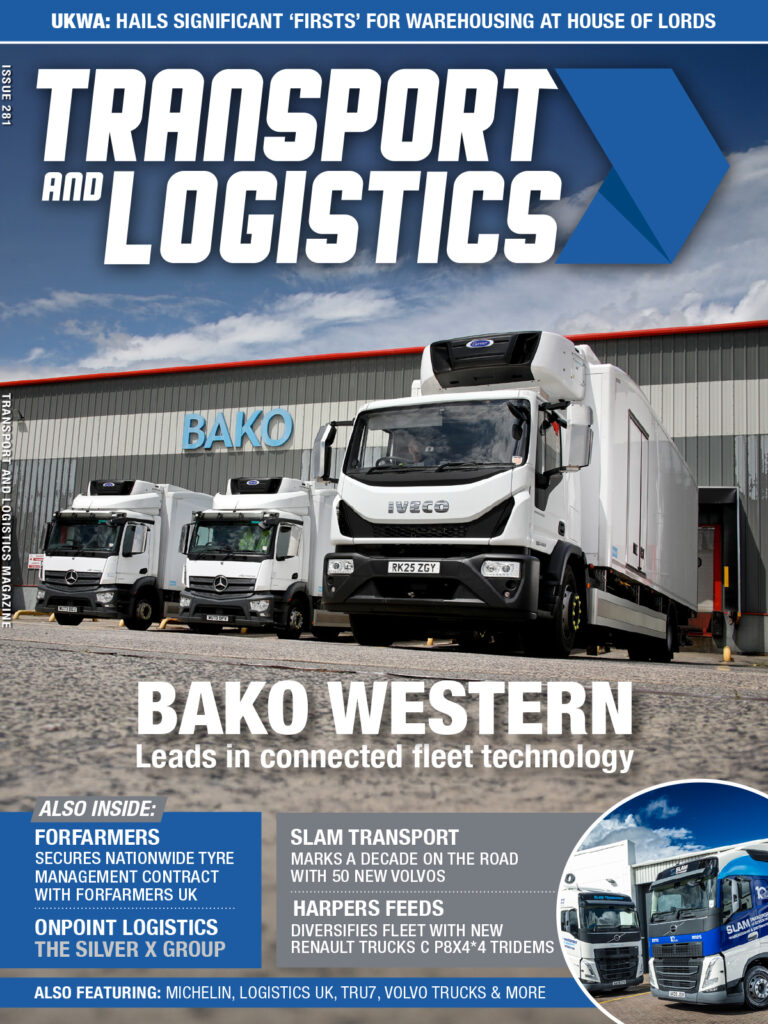Sage has launched the ‘Global distributors transform to adapt, survive and thrive’ about the adoption of digital transformation, in partnership with IDG. The results reveal how distributors are addressing challenging external forces with a focus on improving customer service and experience (39%), implementing cloud-based apps (37%), and improving e-commerce capabilities (36%).
Leveraging cloud technology to prepare for the future
Almost 80% of distributors currently have a digital transformation strategy, despite nine in 10 saying implementing new technologies and innovations into distribution operations is a challenge, due to a lack of in-house expertise and high associated costs.
With a heightened need to optimise supply chains and access real-time data analytics to predict future demand, distributors understand the key role technology plays. 42% consider themselves an early adopter of the cloud, and a further 22% say they are innovators – indeed, the majority of distributors are now running core business applications on public cloud, operated by third party providers.
In addition, the adoption of Robotic Process Automation (81%) and Internet of Things (75%) is enabling distributors to prepare for the future and drive greater business-wide efficiency. The benefits of digital transformation realised range from cost reductions (45%) and faster delivery (42%), to improved data security (45%) and better customer service and experience (39%).
The green agenda
With an increasing demand for companies to show their green credentials, 75% of distributors around the world have adopted a circular economy strategy, influenced by consumers, regulations, and new technologies to help improve their environmental impact. Organisations are under pressure to reduce waste output hence the growing popularity of circular economy business models, where scarce resources are replaced with renewable, recyclable, or biodegradable materials.
For distributors, the shift to circularity is driven by the need to reduce their carbon footprint (39%), address environmental concerns (38%), increase productivity, efficiency, and resiliency (32%) and improve their competitiveness (31%).
However, for almost 74% of distributors, aligning their goals of sustainability and profitability is proving difficult. Many businesses are coming up against friction between these objectives, increasingly trying to reduce waste production and operate local supply chains to reduce mileage, whilst also trying to drive profitability.
Transforming business with data-centric servitisation
More than half of distributors looking to increase their service offerings for customers are turning to servitisation strategies. Around four in 10 believe they are at, or near completion of, their moderate (57%) or major (28%) servitisation transformation strategy.
Servitisation is proving to be a rich and profitable source of service innovation – the most frequently realised benefit is credit financing (73%) whereby distributors can take immediate ownership of products and raw materials, and then pay for them over an extended period of time.
Identifying how to best serve customers changing expectations will be increasingly driven by data-centric servitisation. Distributors will partner more with technology companies and platforms to derive valuable insights from diverse data sources and capitalise on their new-found understanding of customer needs and market trends.












